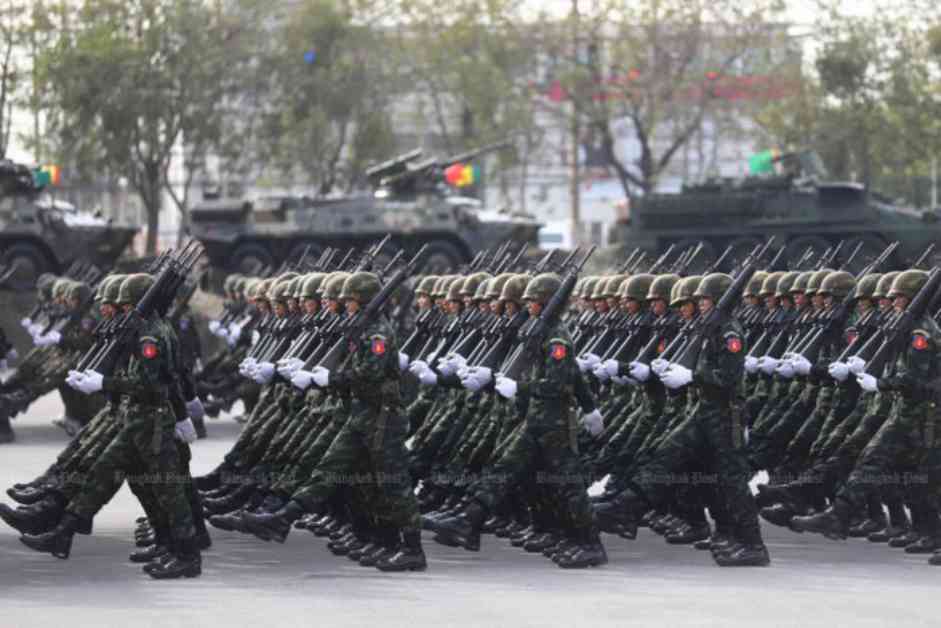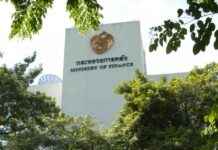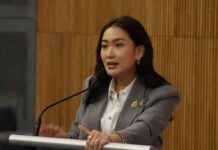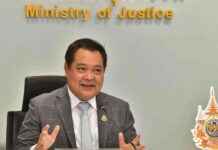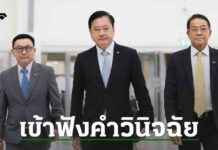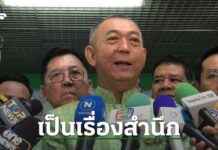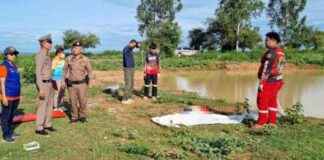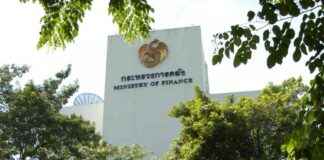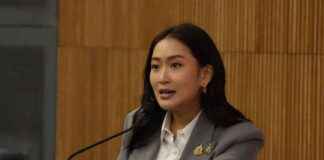Thai King Approves Major Military Reshuffle in Palace
In a significant move, the Thai government has finalized the names of 808 military officers who are set to be transferred to new positions as part of the annual military reshuffle. Among these changes are the appointments of new chiefs for the Royal Thai Army and the Royal Thai Navy, as the current leaders are preparing to retire at the end of this month. Prime Minister Paetongtarn Shinawatra submitted the list of appointments for royal endorsement, with the changes expected to take effect on October 1.
One of the key appointments that has garnered attention is the selection of Gen Pana Klaewplodthuk as the new commander-in-chief of the Royal Thai Army. Gen Pana, who currently serves as the army’s chief-of-staff, has been nominated for the position by the outgoing army chief, Gen Charoenchai Hintao. Gen Pana belongs to the renowned red-rim soldier fraternity, a group of specially trained individuals who serve as Royal Guards. His tenure as the army chief is expected to last until 2027, marking a significant transition in leadership within the military.
Another notable appointment is that of Adm Jirapol Wongwit as the incoming commander-in-chief of the Royal Thai Navy. Nominated by the outgoing navy chief, Adm Adoong Pan-iam, Adm Jirapol’s selection has raised eyebrows due to his unique background. Unlike traditional navy chiefs who have typically risen through the ranks and held key positions within the navy, Adm Jirapol graduated from a naval academy overseas, bringing a fresh perspective to the role. His appointment signals a shift in leadership dynamics within the Thai Navy and reflects a commitment to embracing new talent and expertise.
Leadership Changes Across the Military
In addition to the appointments at the helm of the Royal Thai Army and Navy, the Air Force is also undergoing significant leadership changes. Air Force Chief ACM Panpakdee Pattanakul has appointed ACM Chainat Pholkit as his deputy, highlighting a strategic move to strengthen the Air Force’s leadership team. Furthermore, ACM Manat Chavanaprayoon has been promoted to the role of the Air Force advisory board’s chairman, underscoring the importance of experienced leadership in guiding the military’s strategic direction.
The annual military reshuffle serves as a crucial mechanism for ensuring effective leadership within the Thai Armed Forces. By rotating officers to new positions and appointing fresh faces to key roles, the military aims to foster innovation, enhance operational efficiency, and adapt to evolving security challenges. These leadership changes not only reflect a commitment to meritocracy and talent development but also demonstrate a proactive approach to succession planning and organizational renewal.
Implications for National Security and Stability
The approval of the military reshuffle by the Thai King carries significant implications for the country’s national security and stability. As Thailand navigates complex geopolitical dynamics and emerging security threats, having competent and capable military leadership is essential for safeguarding the nation’s interests and protecting its citizens. The new appointments within the Royal Thai Army, Navy, and Air Force are expected to bring fresh perspectives, strategic vision, and operational expertise to the forefront, positioning the military for greater effectiveness and readiness in addressing contemporary security challenges.
The selection of Gen Pana Klaewplodthuk as the army commander-in-chief and Adm Jirapol Wongwit as the navy commander-in-chief reflects a commitment to leadership continuity and institutional knowledge within the Thai Armed Forces. By appointing experienced and qualified officers to these critical roles, the military aims to ensure seamless transitions and sustained operational effectiveness. The leadership changes also signal a commitment to strengthening inter-service cooperation, enhancing joint military capabilities, and promoting a unified approach to national defense and security.
In conclusion, the approval of the military reshuffle by the Thai King represents a pivotal moment in the evolution of the country’s Armed Forces. With new leaders at the helm of the Royal Thai Army, Navy, and Air Force, Thailand is poised to navigate the complexities of modern security challenges with agility, resilience, and professionalism. The appointments of Gen Pana Klaewplodthuk and Adm Jirapol Wongwit signal a new chapter in the military’s leadership landscape, one that prioritizes innovation, collaboration, and strategic foresight in safeguarding the nation’s security and stability.
